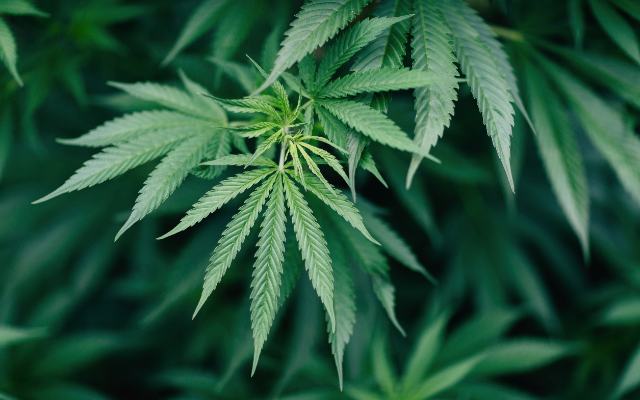Delivery Food Poses Minimal Coronavirus Risks

Regardless of how vigilant one is about staying indoors, contact with the outside world can’t be completely avoided — especially when it comes to eating. But exactly how big a danger is food from outside sources?
Not much at all, according to to Chrysan Cronin, a professor of public health at Muhlenberg College. For starters, “I want to emphasize that to date there is no evidence to suggest that COVID-19 can be spread by food or food wrappers,” Cronin says. She adds it’s “highly unlikely” that an infected respiratory droplet will find its way onto food, but “in the unlikely event that the virus does make it onto your food, it cannot multiply there like bacteria can.”
Even if an infected delivery person coughs or sneezes onto an order, the infected droplets still have to be transferred to a person’s eyes, nose or mouth. That can be avoided by washing your hands before eating, Cronin says. As for reheating delivered food to kill the coronavirus, Cronin says there’s “no evidence to suggest that this is even necessary.”


